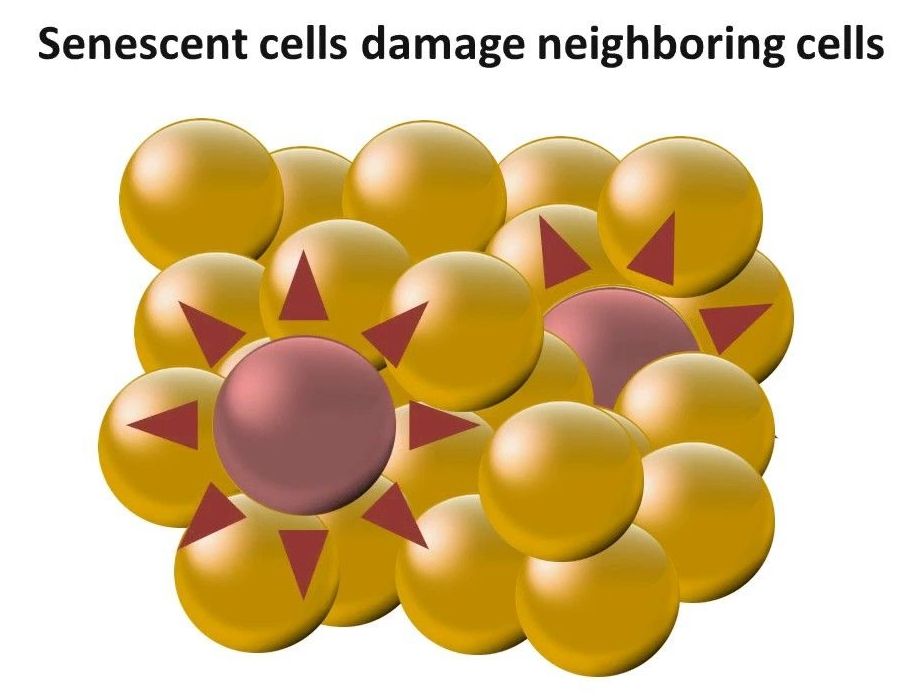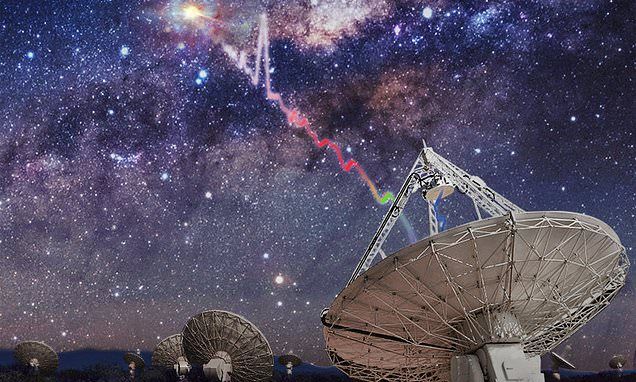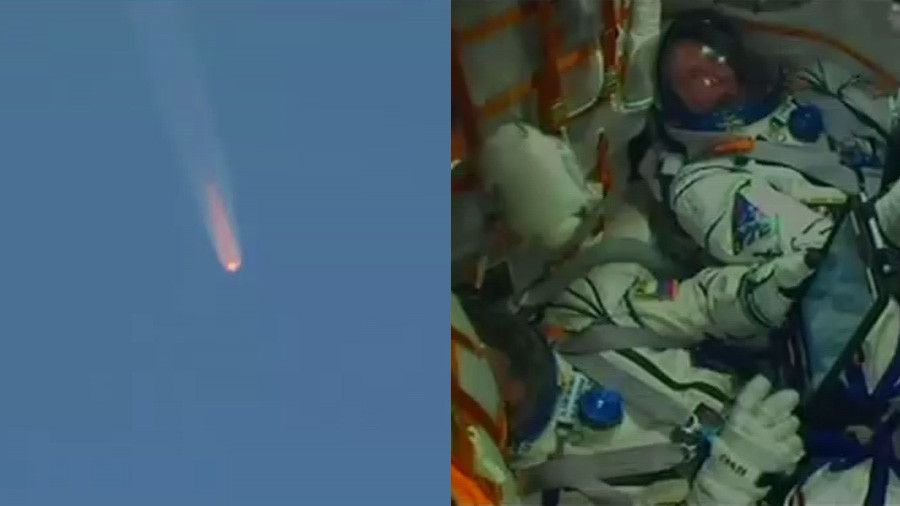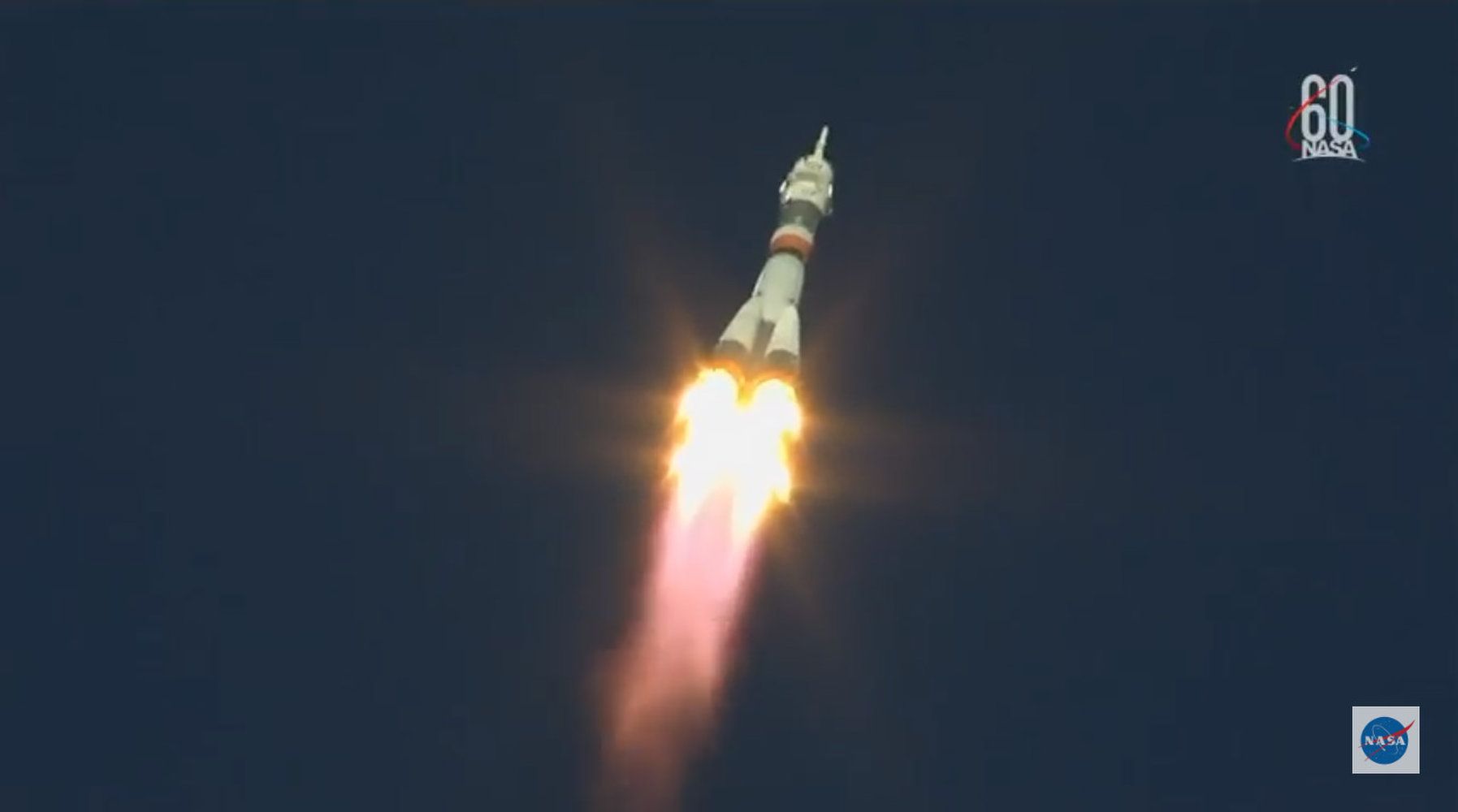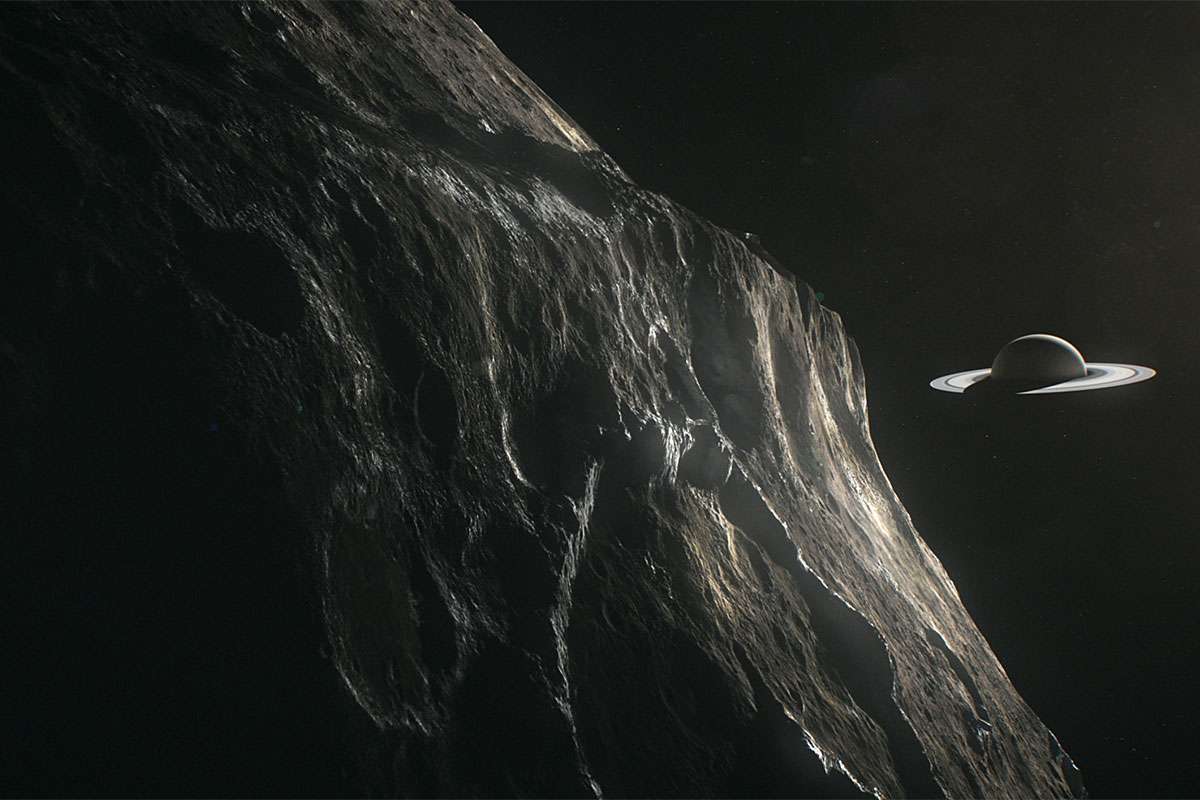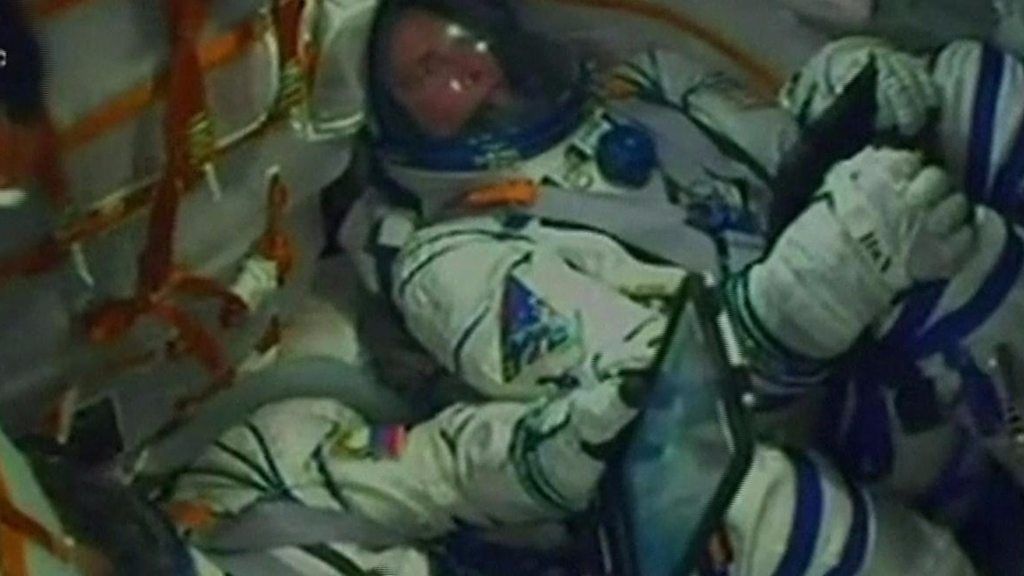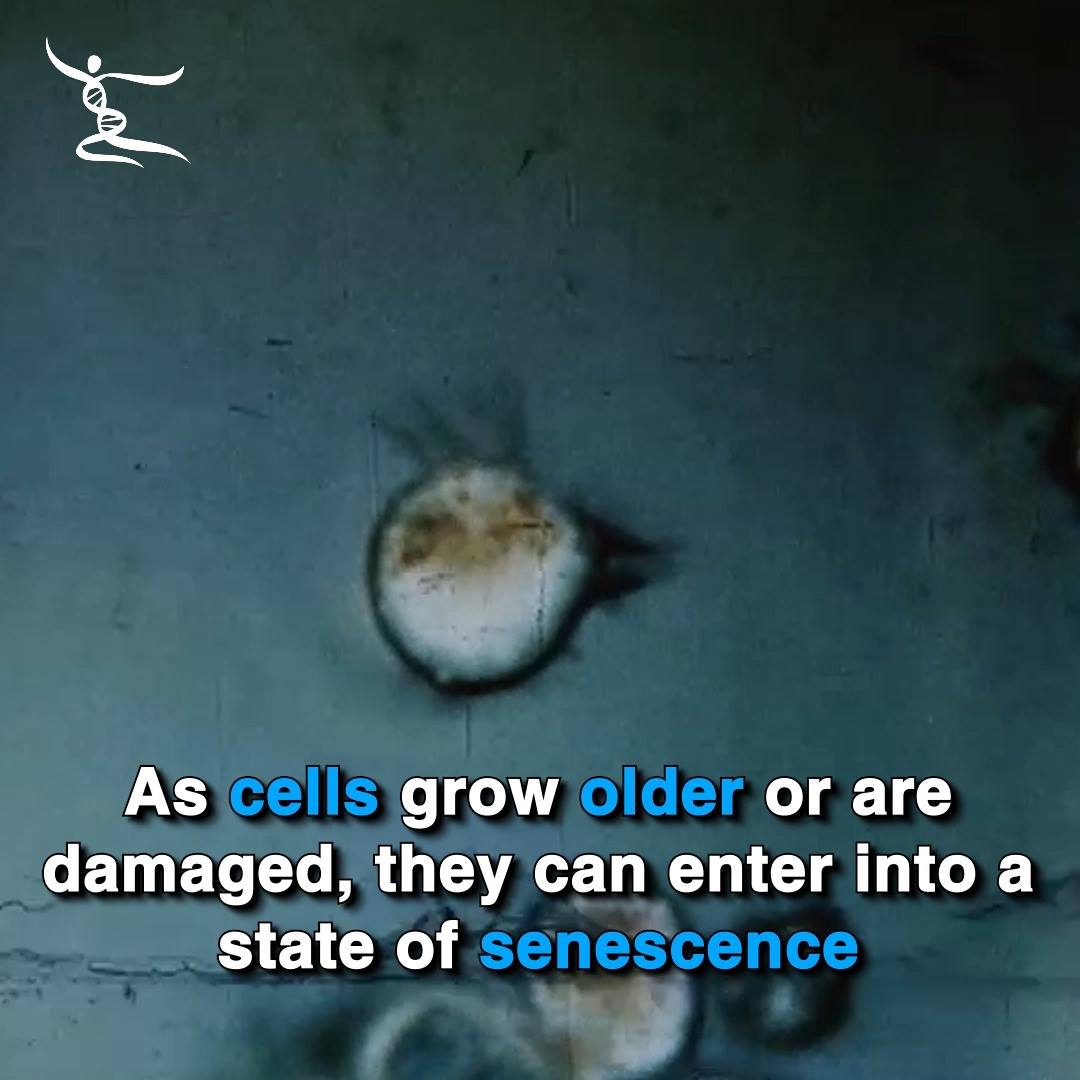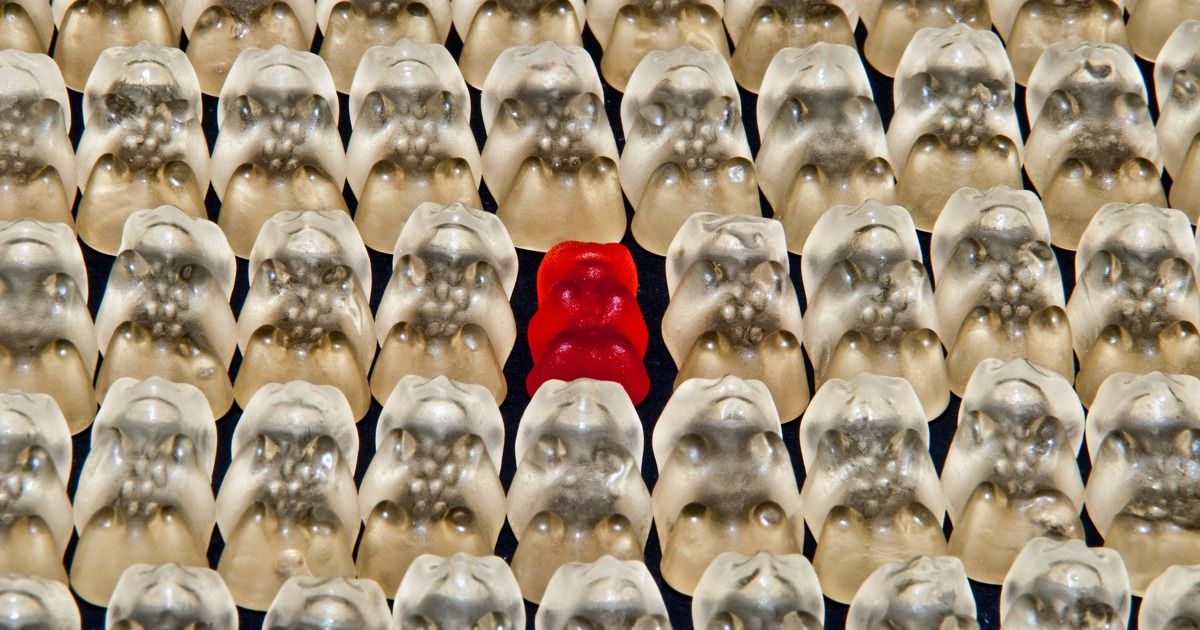Scientists have discovered new particles that could lie at the heart of a future technological revolution based on photonic circuitry, leading to superfast, light-based computing.
Senolytics are the first therapies that directly target the aging process to delay or prevent age-related diseases and are now in human trials. Today we thought it was the ideal time to have a look at how they work and the companies involved.
Senescent cells and aging
As we get older, more and more of our the cells in our bodies become dysfunctional and enter into a state known as senescence. These senescent cells no longer divide or support the tissues and organs of which they are part; instead, they secrete a range of harmful inflammatory chemical signals, which are known as the senescence-associated secretory phenotype (SASP).
Today’s launch abort was the first ever failure of the Soyuz FG launch vehicle, since it started in service in 2001.
A botched launch of the Russian spaceship Soyuz narrowly avoided becoming the latest fatal space incident on Thursday. Rescue systems managed to save the lives of two crew members and conduct an emergency landing.
The Soyuz-MS-10 spacecraft was meant to deliver Roscosmos’ Aleksey Ovchinin and NASA astronaut Nick Hague, members of Expedition 57/58, to the International Space Station (ISS). But 119 seconds after take-off from the Baikonur launch site in Kazakhstan the Soyuz-FG launch vehicle experienced a malfunction and crew rescue protocols were engaged.
Astronauts escape malfunctioning rocket
Posted in space
As we get older, more and more of our the cells in our bodies become dysfunctional and enter into a state known as senescence. These senescent cells no longer divide or support the tissues and organs of which they are part; instead, they secrete a range of harmful inflammatory chemical signals, which are known as the senescence-associated secretory phenotype (SASP).
For more aging research news visit: https://www.leafscience.org/

